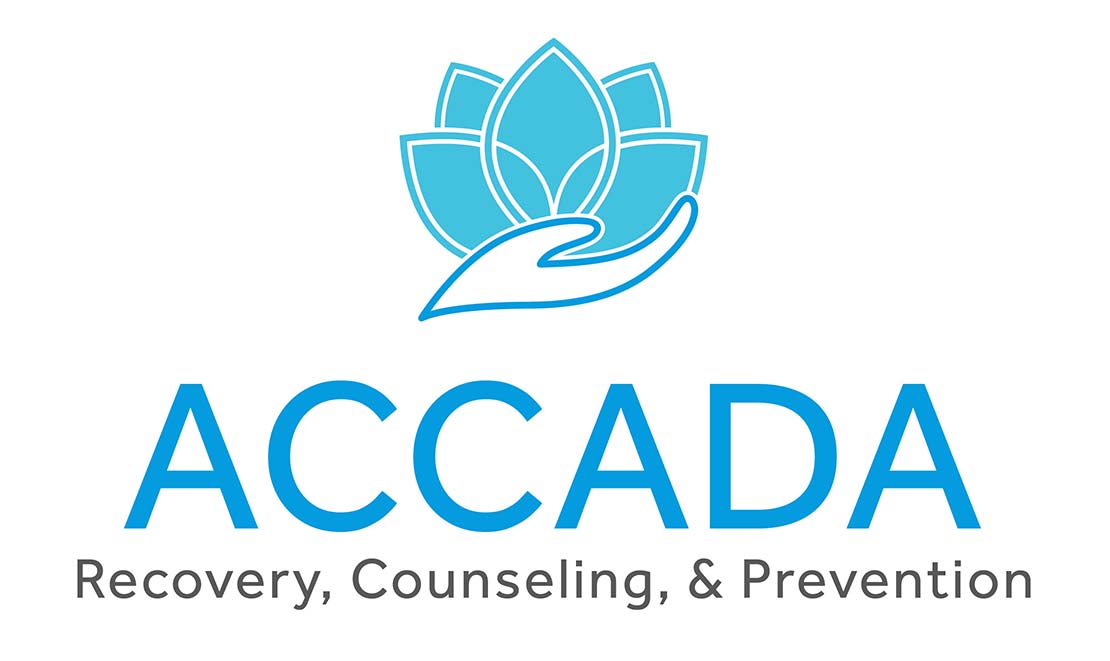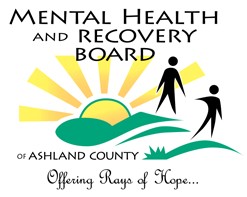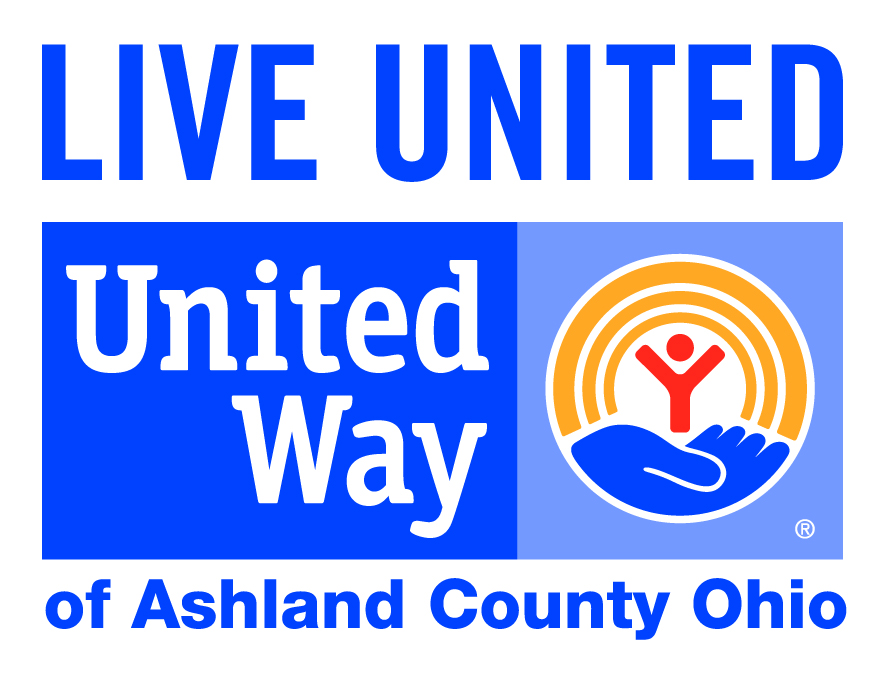Seniors, Beware of These Prescription Drug Dangers

We live in a medicinal world. It’s very easy to visit a doctor for an ailment, receive a prescription, and pick up a container of pills to treat our conditions. It can be done all in the same day!
But just because a doctor prescribes a drug doesn’t make it harmless. Prescription drugs are still drugs, and drugs come with potential side effects and serious, even life-ending consequences if taken improperly.
Seniors are especially at risk for accidental drug misuse, which can lead to addiction and even overdose. It’s important to be familiar with the risks that come with taking prescription drugs so that what was intended for good doesn’t result in harm.
More Drugs, More (Accidental) Problems
Everyone is susceptible to accidental drug overdose, but seniors are even more at risk simply because seniors take more medications. According to the National Institute on Drug Abuse, more than half of people between the ages of 57 and 85 take more than 5 medications or supplements daily.
The more pills someone takes, the more likely they are to make a mistake.
It’s possible to misuse any kind of drug, but there are a few that are more common than others.
Common Medications Prescribed to Seniors
The most common medications prescribed to seniors treat chronic pain, anxiety, and sleep disorders. They also have high potential for addiction.
Oxycodone (OxyContin), oxycodone with acetaminophen (Percocet), and hydrocodone with acetaminophen (Vicodin) are common prescriptions given to control pain. These medications are all opioids. When used properly, opioids can help individuals with their pain, but if these medications are used for prolonged periods of time, or if a person takes too many opioids at once, they could develop an addiction to them.
Individuals dealing with anxiety, panic attacks, or insomnia might be prescribed diazepam (Valium), alprazolam (Xanax), clonazepam (Klonopin), or lorazepam (Ativan). These medications are all benzodiazepines. If taken for a long period of time, these drugs can also become addictive.
Symptoms of Prescription Drug Misuse
It can be challenging to know whether an older person is experiencing symptoms of drug misuse. Some of the symptoms overlap with common experiences of aging, such as memory issues or confusion.
However, there are other warning signs and behaviors that could be an indication of prescription drug misuse:
- Disorganized or confused about which pills have been taken (this can result in taking too many or too few pills)
- Hyper-fixated on whether or not pills have been taken, when the next dose is available, and where pills are located
- Afraid to go anywhere without their medication
- Filling one prescription at two different pharmacies
- Being treated for the same condition by two different doctors
- Taking more pills than instructed on the label
- Taking pills more often than instructed on the label
- Angry, agitated, defensive, or confused, or more so than usual, especially if confronted about their medicine usage
- Store “extra” pills in their purse
- Hide pills in the house
Advocate: Ask Doctors and Pharmacists Questions
Although healthcare providers are trained professionals, we are the only ones who know our bodies the best. If you have concerns about a loved one’s medication management, don’t be afraid to ask their doctor and pharmacist questions about the medications they are taking, or encourage them to ask questions when they visit their doctors next.
Some helpful questions to ask include:
- How will this drug interact with other medications they’re taking?
- Are there any alternative treatments they can try or medications that are non-addictive to treat these symptoms?
- What are the signs of misuse, addiction, or overdose related to this drug?
- How can they know if they need help?
If You Think Someone You Love Might Have a Problem, Seek Help
Accidental drug addiction is just that—accidental. Addictions are the result of chemical and physiological changes inside your brain and by no means a sign of weakness.
There is nothing to be ashamed of, and treatment options are available to help people regain control and freedom.
If you think that someone you know might have a substance misuse problem, encourage them to contact their doctor, counselor, or Ashland County Council for Alcohol and Drug Abuse (ACCADA). We can help them plan a course for overcoming addiction.
Connect with us to learn more.
SOURCE: https://familydoctor.org/condition/prescription-drug-abuse-in-the-elderly/
« Back to Blog


